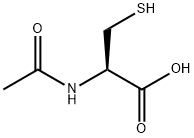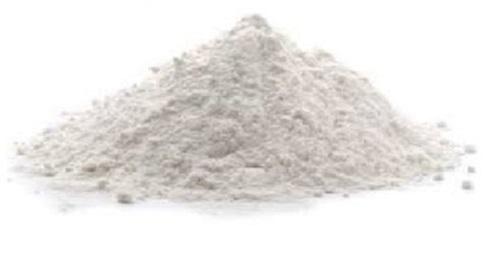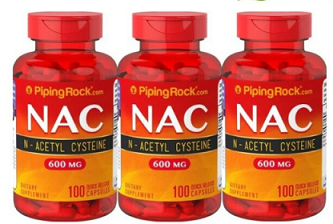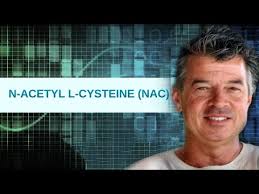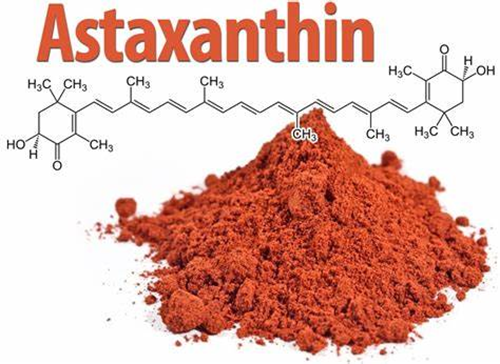N-Acetyl-L-cysteine: Uses, Benefits and Side effects
Uses of N-Acetyl-L-cysteine
N-Acetyl-L-cysteine (NAC) is a powerful antioxidant. It acts as a direct scavenger of free radicals, especially oxygen radicals. NAC is also a precursor of L-cysteine and promotes glutathione biosynthesis. NAC is used as a dietary supplement and as a prescription drug. As a prescription drug, NAC is used to treat acetaminophen overdose. It may also help break down mucus in people with certain lung diseases, such as chronic bronchitis. As a supplement, some people use NAC to protect the liver. There is evidence that it may help prevent kidney or nervous system damage caused by certain medications.NAC may also help prevent colon cancer in people with certain types of colon polyps, but there is a lack of adequate data to support this.
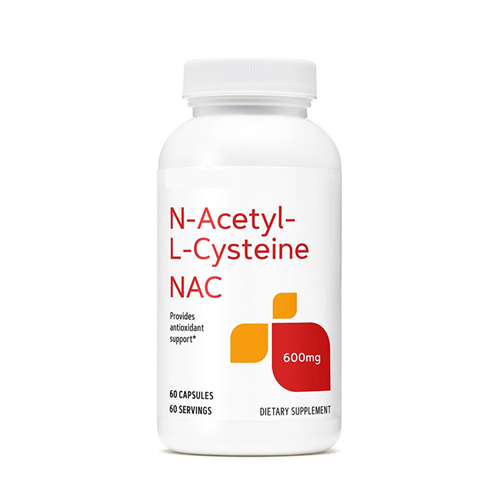
Benefits of N-Acetyl-L-cysteine
N-Acetyl-L-cysteine has a wide range of potential health benefits. The main ones are as follows:
Stimulates glutathione biosynthesis, promotes detoxification, and acts as a direct scavenger of free radicals, helping to reduce the risk of chronic diseases such as heart disease, diabetes, and infertility.
Liver protection. NAC is an amino acid containing a thiol group that is used in the treatment of acetaminophen poisoning caused by acetaminophen overdose. And since acetaminophen poisoning is a common cause of drug-related hepatotoxicity in children and adults, it is effective in preventing hepatotoxicity.
NAC may reduce the frequency of exacerbations and improve symptoms in patients with chronic bronchitis.
NAC helps to improve the inflammatory response to colitis, including i. Softened colonic injury, ii. Decreased oxidative stress, iii. Lowered cell apoptosis, iv. Increased recovery of the injured colon, and v. Increased formation of the tight junction.
NAC protects normal cells from the toxicity of radiotherapy and chemotherapy, but not cancer cells.NAC administration may have a role in the treatment of some forms of cancer, whereas NAC can completely block induced damage in DNA.
NAC improves muscle performance. NAC infusion has been reported to be effective in improving the overall redox state in the body. Another study showed that NAC infusion minimised muscle fatigue.
Preventive effect of NAC antioxidants on AHR and steroid resistance accumulation of inflammatory cells in airways of an animal model of acute exacerbation of asthma.
Side effects
NAC is well tolerated in most cases with no serious adverse effects. However, some of the side effects that may be caused by NAC include upset stomach, diarrhoea, fatigue and rash. Large amounts may cause nausea, vomiting, diarrhoea and constipation. Inhalation of NAC solution can cause swelling of the mouth, runny nose, drowsiness and chest tightness.NAC may also impair blood clotting. Avoid taking NAC supplements if you have a bleeding disorder such as haemophilia or if you take blood-thinning medications.
References:
[1] INGER MAGNUSSON . N-acetyl-l-tyrosine and N-acetyl-l-cysteine as tyrosine and cysteine precursors during intravenous infusion in humans[J]. Metabolism: clinical and experimental, 1989. DOI:10.1016/0026-0495(89)90005-X.
[2] VIDA MOKHTARI. A Review on Various Uses of N-Acetyl Cysteine.[J]. Cell Journal, 2017: 11-17. DOI:10.22074/cellj.2016.4872.
Related articles And Qustion
See also
Lastest Price from N-Acetyl-L-cysteine manufacturers

US $0.00-0.00/kg2025-09-25
- CAS:
- 616-91-1
- Min. Order:
- 1kg
- Purity:
- 98.0%-102%;USP
- Supply Ability:
- 500kg

US $5.00-0.50/KG2025-06-11
- CAS:
- 616-91-1
- Min. Order:
- 0.10000000149011612KG
- Purity:
- 99% hplc
- Supply Ability:
- 5000kg
